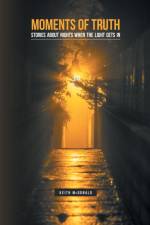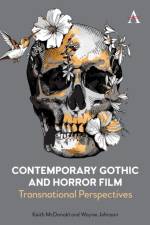von Keith McDonald
169,00 €
This book looks at contemporary Gothic cinema within a transnational approach. With a focus on the aesthetic and philosophical roots which lie at the heart of the Gothic, the study invokes its literary as well as filmic forebears, by exploring how these styles informed strands of the modern filmic Gothic: the ghost narrative, folk horror, the vampire movie, cosmic horror and finally, the zombie film. In recent years, the concept of transnationalism has 'trans'-cended its original boundaries, perhaps excessively in the minds of some. Originally defined in the wake of the rise of globalisation in the 1990s, as a way to study cinema beyond national boundaries, where the look and the story of a film reflected the input of more than one nation, or region, or culture. It was considered too confining to study national cinemas in an age of internationalization, witnessing the fusions of cultures, and post-colonialism, exile and diasporas. The concept allows us to appreciate the broader range of forces from a wider international perspective while at the same time also engaging with concepts of nationalism, identity and an acknowledgement of cinema itself. It also facilitated studies to focus on notions of hybridity where terms were not fixed but were constantly shifting and mobile.The central idea of the book is that after horror/Gothic film was dragged into disrepute by the rise of torture porn and endless North American remakes, a set of international filmmakers are seeking to emphasize the aesthetic, artistic and philosophical potential of the Gothic. Such filmmakers include Guillermo del Toro (Crimson Peak), Ana Lily Amirpour (A Girl Walks Home Alone at Night), Park Chan-wook (The Handmaiden, Stoker), Tomas Alfredson (Let the Right One In), Wim Wenders (Only Lovers Left Alive), Ben Wheatley (A Field in England), Jane Campion (Top of the Lake), and Carol Morley (The Falling).Although written in an accessible manner, the book incorporates theory and engages extensively into research to tap into key developments in Gothic studies - transnationalism, fandom and genre fiction, and transmedia exchanges - bringing these together along with popular culture and associated phenomena.



